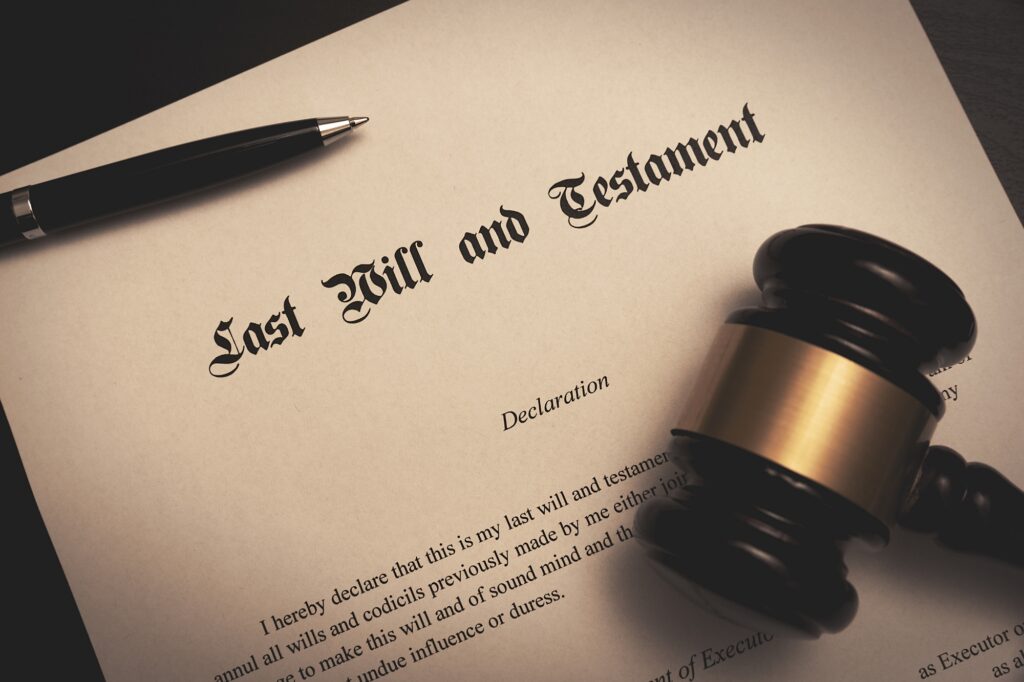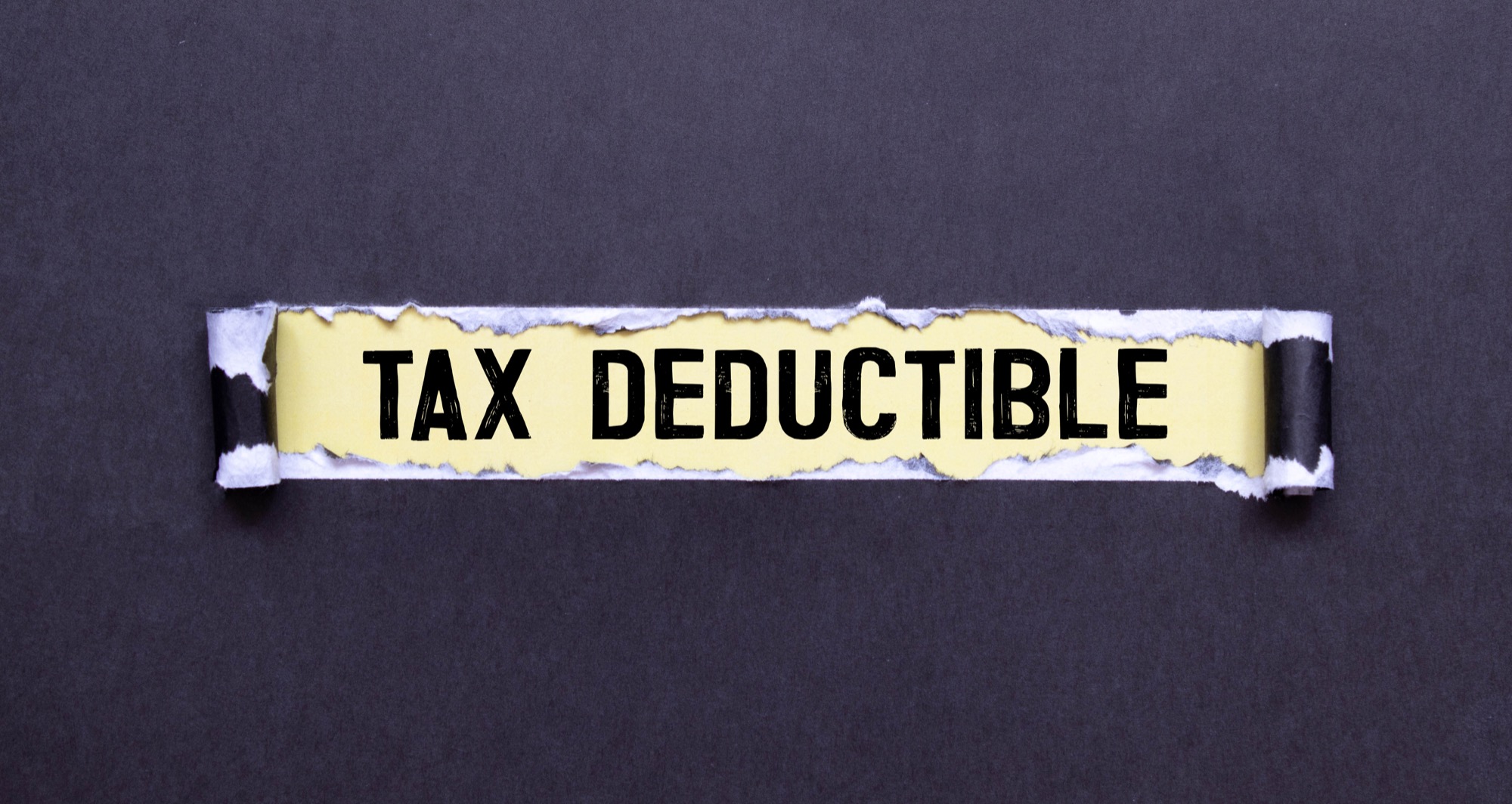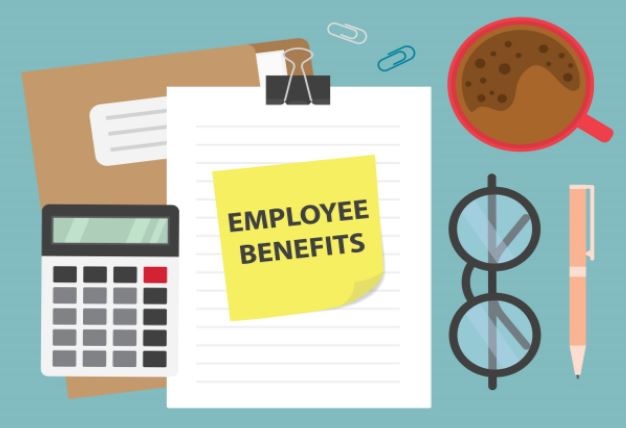Estate planning is a critical financial strategy that involves organizing your assets in the most tax-advantaged manner and defining how they’ll be distributed after your death. In a Canadian context, this is a process that requires careful consideration of various legal, tax, and personal factors. An estate plan, at its core, is a comprehensive blueprint for managing an individual’s wealth during their lifetime and beyond. This includes outlining who will inherit what part of one’s estate upon passing away. Without proper estate planning, significant taxable events can occur, and disagreements among Family or Business Associates, unnecessarily.
The importance of having an effective estate plan cannot be overstated. It ensures that:
- Your hard-earned assets are protected;
- The people or organizations you care about most benefit from your legacy;
- Potential disputes among beneficiaries are avoided.
Estate planning can be a daunting journey. Truth is, when it comes to securing their financial future, most people’s #1 challenge is lacking the knowledge to effectively plan their estate, thus impeding them from achieving a higher level of financial security. But this is what distinguishes the financially savvy from the average investor. If you don’t know how to plan your estate effectively, you’ll never reach that next level of financial security and peace of mind. Navigating through wills and trusts isn’t easy. Consider, for instance, one Canadian investor who shared with me that as soon as he started his estate planning process… he was overwhelmed by legal jargon and tax implications. Now he’s hesitant to continue the process, not to mention scared he’ll never achieve complete control over his assets after his lifetime. No surprise there! In this article, we will help you understand what estate planning is and also share our recommendations pertaining to Estate Planning.

How Does the Estate Planning Process Work?
Here are the key steps to ensuring an effective estate plan:
- Define your goals. Ask yourself what you want to accomplish and sit down with your advisor or financial planner to discuss how to best accomplish your estate goals.
- Identify your beneficiaries. It takes a lot of serious consideration to decide who you want to inherit your assets after you die. Beneficiaries may include family members, close friends, charities or other organizations.
- Make a detailed account of your situation. Take into account different types of assets that you have which may include physical properties and investments or intangible assets such as patents, copyrights or your company’s brand. Also take into account your liabilities or any debts owed.
- Choose an Executor. Executors are people entrusted with carrying out wishes stated in the will. In making this decision, consider their ability to handle administrative tasks under potentially stressful circumstances.
- Make plans to review your estate strategy regularly. Life changes such as marriage, births, or divorce can significantly impact earlier arrangements made, making updates necessary.
Taking control over your own future might seem daunting, but understanding the basics makes it less so. With the knowledge we’ve shared, you’re now better equipped to navigate the complexities involved. Now, let us move forward and explore some estate planning solutions.
Navigate Estate Planning with Confidence
Overwhelmed by wills, trusts, and taxes? Get clear guidance and take control of your financial future.
One solution that you should consider incorporating into your planning is the process of Becoming Your Own Banker, the Infinite Banking Concept. The essence of this process is to control HOW you finance the things you need throughout your lifetime, and to recapture the interest that you presently pay to banks, finance companies, credit cards, etc. The tool that is utilized to implement this process is a dividend-paying participating whole life insurance policy (or ideally a system of policies) which provides benefits such as:
- Contractually guaranteed daily growth of cash value. You pay zero (0) tax on the daily buildup, and utilizing the policy loan provision, you can borrow against your cash value on demand, on your terms, without interrupting any of the daily growth.
- A permanent (and ever-increasing) death benefit which is paid to your named beneficiaries income tax-free. That means you have peace of mind knowing that a tax-free windfall of money will show up exactly when it’s needed the most.
- You become a Co-Owner of the Life Insurance Company, and participate in the form of annual dividends, which once declared, are contractually guaranteed to be paid, cannot be repossessed and cannot lose value. In addition, dividends do not trigger a taxable event when used to purchase paid-up additions at no additional cost.
- As long as a named beneficiary is selected (or multiple of them), the funds bypass probate and do not form a part of your estate. Probate time frames vary based on the jurisdiction you live in, as do the probate costs. This means both cost savings and time savings
- If the will is contested, this could drag out the time for other assets to be distributed to your heirs. Everyone has heard horror stories of estates that are held up in court for many years. With a proper beneficiary named, life insurance death benefit proceeds bypass the estate and are paid directly to the named beneficiary(s). This provides much-needed liquidity for the surviving Family to tackle the major financial and emotional challenges that happen immediately upon the death of a loved one.
- With some strategic planning, you can utilize a gradual inheritance strategy. By choosing an annuity settlement option for the death benefit or through the use of a family trust, you could set the rules and payout time frames of the death benefit. This allows you to effectively control the flow of money from beyond the grave. You can create an income stream for your loved ones rather than having everything payout in a lump sum. This could prevent your heirs from making wasteful or rash decisions with a large inheritance, something that is all too common.

Estate Planning Checklist
Here are the key items on an Estate planning checklist:
Will:
Wills are legal documents which express the final wishes of a person regarding their assets and their affairs after death. A will allows the “testator” to specify how their possessions and property should be distributed. It also allows them to name an executor who will carry out their instructions.
The key elements of any will include:
- Beneficiaries: The testator specifies the individuals or entities that will inherit his assets. The beneficiaries inherit the property of the testator as specified in their will.
- Executor: A testator names an executor to administer the estate and make sure that the terms of his will are followed.
- Guardianship: If a testator has minor beneficiaries, he or she can use their will to name a guardian to take care of the children upon their death.
- Distribution of Assets: The will specifies how the assets of the testator, such as money, real estate and personal belongings should be divided among the beneficiaries.
This clause applies to any assets not specifically mentioned in a will. This clause ensures that all remaining property is distributed according to the testator’s wishes. - Revocation: A clause in a will can revoke any previous wills or codicils. This ensures that the current will will be the most recent and is legally valid. Most jurisdictions require that wills be signed in the presence of witnesses who can attest to the validity of the document.
Trust:
Trust is another essential component, offering more control over when and how beneficiaries receive their inheritance while potentially reducing tax liabilities. Here are the types of trusts:

- Living Trust: A Living Trust allows assets to be transferred seamlessly to beneficiaries after the trustor dies, without the need for a probate court. Probate is a legal process by which a court validates wills and oversees distribution of assets to beneficiaries. The trustor can retain control of assets during their lifetime by placing them in a Living Trust. They can also designate a successor trustee who will distribute these assets to beneficiaries upon their death. This process can save money, time, and privacy by avoiding the lengthy and expensive probate proceedings.
- Testamentary Trust: A Testamentary Trust is only established after the death of the trustor. It is created by specific instructions in the will. The assets are not transferred to the trust during the life of the trustor, but are instead designated to be transferred at the trustor’s death. The will has to go through probate, where the court validates the will and ensures its proper execution. Assets are then transferred to the Testamentary Trust before being distributed to beneficiaries. This type of trust allows the trustor to include complex provisions and is suitable for those who do not require immediate asset management.
- Revocable Trust: Revocable Trusts give the trustor the freedom to amend, terminate, or modify the trust at any time during their lifetime. This level of control can be especially useful when circumstances change. For example, adding or removing beneficiaries or changing distribution percentages or trust terms. As long as the trustee is mentally competent, he or she can make any changes to the trust. The trust, which can be altered, is included in the trustor’s estate for tax and financial planning. The trustor is usually the primary taxpayer of the income generated by the trust.
- Irrevocable Trust: A trust that is irrevocable cannot be amended, revoked, or modified once it has been established, except in certain circumstances and with consent from all beneficiaries. This lack of control can offer protection from creditors, lawsuits and estate taxes, since the assets are removed from the trustor’s estate and placed in the trust. The trust is a separate legal entity. Establishing an Irrevocable trust requires careful consideration, as the trustee relinquishes control and ownership of the assets. Once assets have been transferred into the trust, these cannot be reclaimed and the trustor is not allowed to serve as trustee. It is important to carefully plan and assess the consequences before creating an Irrevocable trust to ensure that it aligns with the long-term goals of the trustor and estate planning objectives.
Power of attorney:
A Power of Attorney is an official document that allows a person (known as the “principal”) to appoint a second person (known as the “agent”, “attorney in fact”, or “attorney”) to act on behalf of the principal. The principal can choose to grant the agent broad powers or specific tasks. The Power of Attorney document defines the scope of the agent’s authority. This can include managing bank accounts, making financial transactions and signing contracts. It may also include selling or buying property, or making medical decisions. The agent’s power can be activated immediately after signing the document, if it is a general power of attorney. It can also become active when the principal becomes incapacitated and unable to make any decisions. It is important to choose an agent that you can trust implicitly. They will be making decisions for you and have a legal obligation to act in your best interest. The document can be tailored to meet specific requirements, but it is important that it is drafted and executed according to the laws and requirements in the relevant jurisdiction.
Executor:
The executor is known as a “personal representative” and is an individual or organization that has been appointed by a will to carry out instructions and wishes stated in the will following the death of the person. The primary role of the executor is to oversee the estate of the deceased and ensure that the assets are distributed in accordance with the terms of the will.

Executors may be responsible for:
- Probate: An executor initiates probate, a legal process that validates a will and gives him the authority to administer an estate.
- Asset Management: The executor’s responsibility is to identify, secure, and manage the assets of the deceased. These may include bank accounts, investments, real property, and personal belongings.
- Debt and Tax Management: The executor’s job is to pay off any outstanding debts or taxes owed by a deceased person’s estate, using the assets in the estate.
- Distribution of Assets: Once all debts, taxes and administrative costs have been paid, the executor distributes any remaining assets to beneficiaries named in the Will.
- Fiduciary duty: The executor is legally bound to act in the best interest of the estate and the beneficiaries, and to handle matters impartially and responsibly.
It is important that the person who creates a will, or “testator”, chooses an executor whom they can trust and who can fulfill these duties. Executors may be family members, close friends, or professionals, such as financial advisors or attorneys. Some people choose to appoint two executors to share the responsibility.
In the event of a death without a valid testament (intestate), a court will appoint a different executor to manage the estate. The administrator’s job is similar to an executor’s, but the distribution will be based on the intestacy laws for the jurisdiction.
It’s important to note that being an executor is a time-consuming and complex task. Legal and financial expertise might be required. Some people choose to hire a professional or appoint a qualified executor with experience in estate administration.
Beneficiaries:
Beneficiaries are individuals or organizations who are designated and entitled to receive or inherit specific assets or benefits if certain events occur, such as death of account holders or after the fulfillment of specific conditions.
Beneficiaries can either be primary or contingent. Primary beneficiaries receive benefits or assets first, while contingent beneficiaries receive benefits or assets if the primary beneficiaries cannot receive them (e.g. due to death or refusal). It is important to keep beneficiary designations current to ensure that the assets are passed on to the intended individuals or organizations.
In all cases, beneficiaries’ rights and entitlements are clearly outlined in legal documents or financial agreements governing the distribution or benefits. These arrangements are essential for estate planning, and to ensure that an individual’s assets will be distributed according to his or her wishes after death.

Estate tax:
Estate tax, also known as inheritance tax or death tax in some jurisdictions, is a tax imposed by the government on the estate of a deceased person. It is based on the total value of the assets and property that the deceased individual owned at the time of their death. The estate tax is typically paid by the estate before the remaining assets are distributed to the beneficiaries as specified in the deceased person’s will or according to intestacy laws if there is no will.
Canada doesn’t have a set estate tax. However, the country requires a final return from every estate upon one’s passing to determine income tax obligations at death. In addition, a probate fee may apply to finalize the estate and inheritance to the beneficiaries.
Taxes play a significant role while formulating an effective estate plan. Ignoring tax liabilities can leave beneficiaries burdened with unexpected debts, which may result in dire consequences, such as forcing them to sell inherited property prematurely in order to settle dues.
The Canadian Revenue Agency (CRA) has specific rules regarding taxes upon inheritance and understanding these guidelines helps avoid any unpleasant surprises down the line.
A possible solution to mitigate the unpleasant tax surprise is to consider the process of Becoming Your Own Banker, the Infinite Banking Concept, as part of your estate planning strategy. This method employs the use of whole life insurance, which provides a death benefit, ensuring that a tax-free chunk of money will be paid out to your loved ones at the moment of passing.
Probate:
Probate is a legal process that allows a deceased person to administer their estate and distribute it to their beneficiaries, heirs or legatees in accordance with their will if they have one or according to the laws of intestacy if they do not.
The probate process involves validating a will and granting authority to execute it – an essential step within estate planning.
Different provinces have varying probate fees, which could affect one’s overall financial plan. For example:
- In Ontario, costs may reach up to $15 per $1,000 of estate value above $50K.
- Nova Scotia has similar rates but imposes no charges if the total value falls below $25K.
- Certain regions like Quebec do not require formal probates at all when dealing with notarial wills.
This disparity highlights why understanding local laws becomes crucial while formulating effective estate plans. A well-crafted plan should account for potential taxes as well as provincial differences regarding legal processes such as probating a will.
Protect Your Family’s Future
From wills to trusts, understand the key components of effective estate planning and safeguard your loved ones’ inheritance.
How Much Does Estate Planning Cost?
The cost of an estate plan can vary greatly depending on a number of factors. Some of the elements that can affect the cost of estate plan include:
- The complexity of your estate – Simple estates with a few assets and beneficiaries may have lower estate planning costs. If you have significant assets, businesses, and international interests or if you require sophisticated tax planning,the estate plan could become more complex and may result in higher estate planning costs.
- The type of estate planning documents required – A basic estate plan, for example, may include a will and a power-of-attorney, as well as an advance healthcare directive. If you need trust-based planning, then the cost of creating and funding different types of trusts will increase your planning costs.
- Location – The cost for estate planning services may vary by region, even within the same country. Estate planning services can be more expensive in cities or areas with higher costs of living.
- Attorney’s or Legal Fees – The fees charged by an estate planning attorney play a major role in the total cost. Attorneys can charge hourly rates or flat fees depending on their reputation and experience.
- Additional Services: Some estate planning firms may offer additional services, such as ongoing estate management or asset management. This could also increase your overall cost.
The cost of a basic estate plan can range from a few hundred dollars to a few thousand dollars for an average individual or family. The cost can be much higher for high-net-worth individuals with complex estates. Some estate planners charge hourly rates while others offer fixed-fee packages.
What Do Estate Planners Do?
Estate planners are professionals who specialize in helping individuals and families create comprehensive plans for the management and distribution of their assets and affairs during life and after death. They use legal, financial, and tax strategies to ensure that the client’s wishes are carried out, their assets are protected, and their estate planning goals are achieved. Estate planners typically work closely with their clients to understand their unique circumstances and create tailored plans to meet their specific needs.
Our team will be able to help you with estate planning strategies depending on your needs. Ohe strategy is employing the process of Becoming Your Own Banker. With this strategy, we will be utilizing a tool – participating, dividend-paying whole life insurance to first create your warehouse of wealth. With careful and considerate planning, this could be an effective way to pass on tax free death benefit to your beneficiaries upon death, without them having to jump through the hoops of capital gains taxes and the probate process.
Who Benefits Most From Estate Planning?
The beneficiaries named in the will or trust benefit the most from estate planning as it ensures the smooth transfer of assets after one’s demise. It will also give you peace of mind to know that you will be able to take care of your loved ones even after passing
What Is Estate Planning for High Net Worth Individuals?
Estate planning for high-net-worth individuals is a specialization of estate planning. It focuses on creating comprehensive plans to protect, manage and transfer significant assets and financial wealth.
High net worth individuals have complex financial situations and diverse investment portfolios. They also have a variety of business interests. This requires sophisticated planning to minimize taxes, preserve wealth and ensure a smooth transfer of assets to the next generation or charitable causes.
Estate planning is a crucial process that demands careful attention and consideration.Mistakes can lead to unintended consequences, impacting the distribution of your wealth after you’re gone.
A possible solution to this is utilizing the process of Becoming Your Own Banker, the Infinite Banking Concept for estate planning. In this strategy, you utilize a whole life insurance policy as the vehicle to get you to your goal. Here are some benefits to using this strategy:
- Cash value: A whole life insurance policy can accumulate cash value over time. This cash value can then be accessed via policy loans or withdrawals. This allows for liquidity for emergencies.
- Tax advantages: The life insurance death benefit is paid to named beneficiaries tax-free. The death benefit can be used to cover estate taxes and other expenses. This ensures that your heirs will receive their inheritance free of financial burden.
- Flexible design: Whole life policies used in IBC strategies can be customized to meet your specific financial needs and goals. This flexibility is useful when incorporating your strategy into your estate plan.
If you would like to find out how the process of Becoming Your Own Banker can be of help in estate planning, do check out our webinar on Becoming Your Own Banker, the Infinite Banking Concept to understand more.
Start Planning Today at Ascendant Financial
Whether you’re just starting out or have significant assets, learn how to create a personalized estate plan that meets your unique needs.

Popular Posts
- How to Structure a Whole Life Policy for Infinite Banking
 Are you utilizing the most effective financial tools to achieve financial freedom, flexibility, and independence? You no longer need to be at the mercy of… Read more: How to Structure a Whole Life Policy for Infinite Banking
Are you utilizing the most effective financial tools to achieve financial freedom, flexibility, and independence? You no longer need to be at the mercy of… Read more: How to Structure a Whole Life Policy for Infinite Banking - Velocity Banking vs Infinite Banking: Which Wealth Strategy Wins?
 Banking is no longer dominated by the banks. People around the world are discovering how to use alternative banking strategies and concepts to regain control… Read more: Velocity Banking vs Infinite Banking: Which Wealth Strategy Wins?
Banking is no longer dominated by the banks. People around the world are discovering how to use alternative banking strategies and concepts to regain control… Read more: Velocity Banking vs Infinite Banking: Which Wealth Strategy Wins?
Share This Post
About the Author:
Jayson Lowe
As a seasoned coach, author, and podcast host, Jayson’s insights are rooted in real-world experience and a proven track record of turning challenges into opportunities. He’s not just a speaker—he’s a catalyst for change, inspiring audiences with actionable strategies and the motivation to implement them. Whether you’re looking to ignite your team’s potential, elevate your business strategies, or gain unparalleled insights into entrepreneurship, Jayson Lowe delivers with passion, clarity, and an undeniable impact.
Categories & Tags






